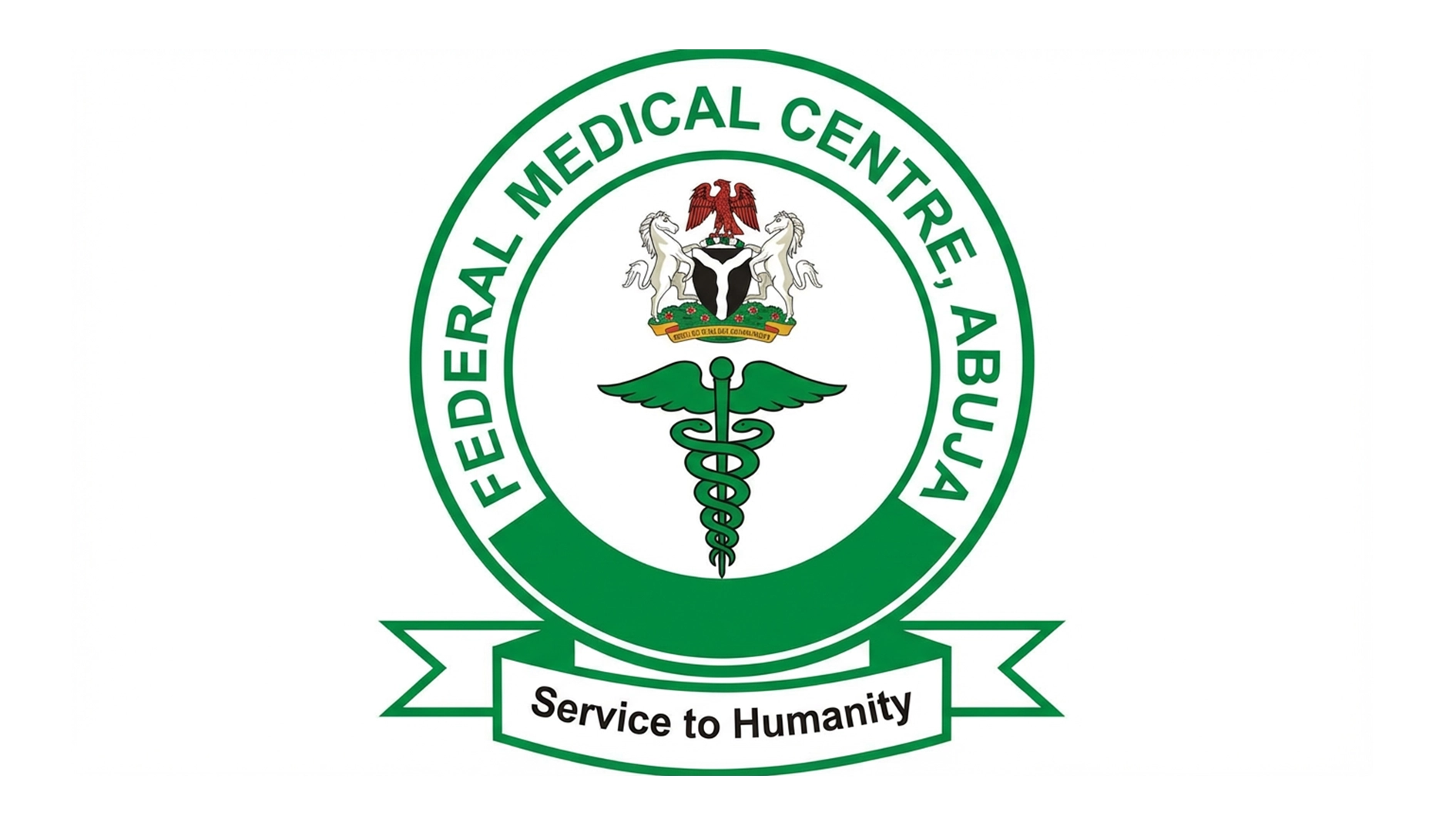
$6b investment needed yearly to mitigate AMR impact
The Africa Centres for Disease Control and Prevention (Africa CDC) has warned that Antimicrobial Resistance (AMR) is becoming a more significant threat than HIV-AIDS, tuberculosis, and malaria, with children and vulnerable groups most at risk.
The three diseases now account for fewer deaths than AMR, which has a mortality rate of 27.3 deaths per 100,000 people making it the highest in the world. According to Africa CDC, it is estimated that addressing this escalating threat requires between $2 and $6 billion investment yearly to mitigate the devastating impact of AMR.
In a report released ahead of the United Nations General Assembly High-Level Meeting on AMR in New York, the organisation highlights the need for global stakeholders to address the escalating crisis. The meeting is expected to serve as a platform to make commitments and coordinate a global response. One urgent priority is mobilising resources to develop national action plans, particularly in countries lacking them.
The Africa CDC Director General, Dr Jean Kaseya, said that AMR is a “silent threat” disproportionately affecting the continent’s most vulnerable populations.
He explained that AMR occurs when microorganisms such as bacteria, viruses, fungi, and parasites resist antimicrobial drugs, and rendering treatments ineffective. He added that the resistance is fuelled by the misuse and overuse of antibiotics in healthcare, agriculture, and food systems, which result in harder-to-treat infections, leading to more illness, disability and death.
Kaseya lamented that current funding remains only a fraction of what is allocated to other major diseases, leaving Africa exposed to this growing crisis.
“Globally, drug-resistant infections currently claim around 700,000 lives yearly, and this figure is projected to rise to 10 million by 2050 if left unchecked. Africa could account for 4.5 million of these deaths. Africa CDC’s efforts aim to shape a roadmap to combat AMR, which will be presented at the UN meeting as a global call to action.”
Kaseya called for a multi-sectoral approach, including infection prevention, strengthening healthcare and food systems, and investing in diagnostics and laboratory infrastructure.
He cautioned that without coordinated efforts, AMR will continue to impede progress toward the Sustainable Development Goals and the African Union’s Agenda 2063.
In his submission, the Director of the African Union-InterAfrican Bureau for Animal Resources (AU-IBAR), Dr Huyam Salih, emphasised that AMR threatens health and agrifood systems, food security, and economies.
He observed that a joint study by Africa CDC and the African Society for Laboratory Medicine found that only 1.3 per cent of microbiology labs in 14 member states can test for key AMR pathogens.
NCDC Coordinator, National Antimicrobial Resistance (AMR) and Infection Prevention and Control (IPC), Dr Tochi Okwor, observed that 64,500 deaths were attributable to AMR, while 263,400 deaths were associated with AMR in Nigeria in 2019, adding that the situation requires concerted effort to mitigate.
Okwor said that AMR is caused by overuse and misuse of antibiotics in human and animal health, taking antibiotics when they’re not needed, buying antibiotics without a prescription, using too many antibiotics in farming, poor or hygiene and sanitation in community, health facilities, farms, abattoirs and limited surveillance systems for tracking AMR trends.
She noted that the NCDC ensures that Nigeria’s response is effective and works together with counterparts from human health, animal health, and environmental sectors under the one health approach.
Okwor stated that efforts are being made to improve how infections are prevented and controlled in hospitals and clinics through the Turn Nigeria Orange programme. He said the programmes are in place to help doctors and nurses prescribe antibiotics only when necessary to reduce the chance of developing resistance.






